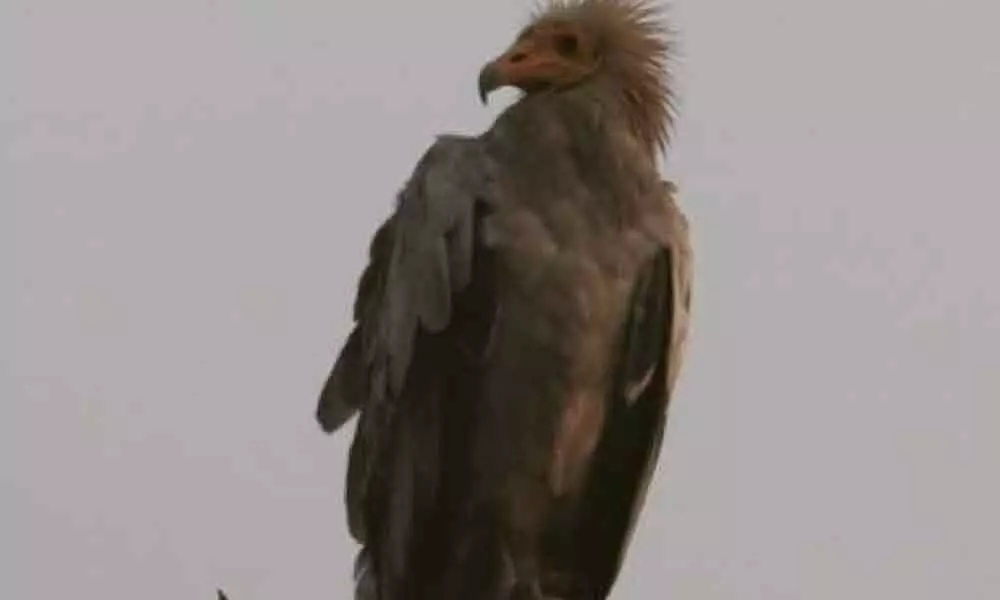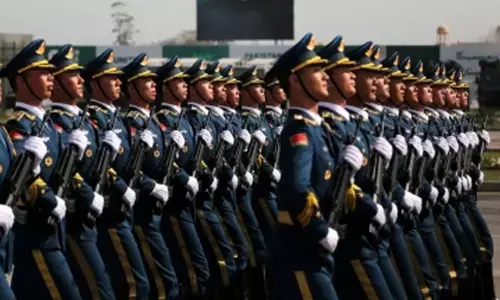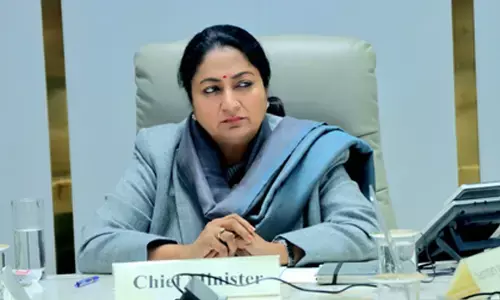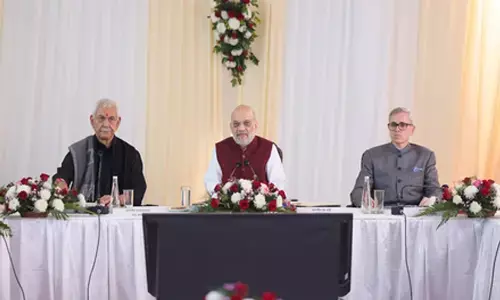Vulture census in Uttar pradesh soon

Vulture
A census of vultures will soon be conducted in Uttar Pradesh by the Institute of Wildlife Conservation (IWC) at Lucknow University
Pilibhit (UP): A census of vultures will soon be conducted in Uttar Pradesh by the Institute of Wildlife Conservation (IWC) at Lucknow University.
A workshop for forest personnel, NGO representatives and avian volunteers will be held through webinar between September 21 and 30. The aim is to train the participants for vulture mapping.
The move is a part of an effort to protect and conserve this avian species that faces the danger of extinction. The state government has approved Rs 16 lakh for the census.
Amita Kanaujia, a professor in the department of zoology at Lucknow University who is playing a key role in the census, said, "Of the nine species of vultures in India, eight are found in Uttar Pradesh. Four have been categorised as 'critically endangered', one as 'endangered' and three 'nearly threatened' by the International Union for Conservation of Nature (IUCN)."
Of these, the 'Gyps Indicus' and 'Egyptian Vulture' are found in Bundelkhand division and the Terai arc landscape. Vultures, known as nature's scavengers, once spanned the entire country. The vultures began to dwindle rapidly in the early 1990s and this trend was evident by the two census reports of 2011 and 2015 in UP.
The decline of vultures in India is attributed to diclofenac poisoning. This anti-inflammatory drug is widely administered to cattle and the birds feed on its carcass, ingesting the drug with fatal consequences. The fall in vulture numbers is also due to road accidents, electrocution caused by high tension electric lines, loss of habitat due to human interference and acute food scarcity. The census will be conducted in pre-breeding and post-breeding sessions. The first session will conclude in November when the eggs hatch and chicks come out. The second phase will be completed in March next year, said Prof Kanaujia.
A GPS (global positioning system) mapping of all nests and habitats of vultures will also be done. The field teams will also review the additional threats to vultures in order to find solutions and chalk out conservation plans.








